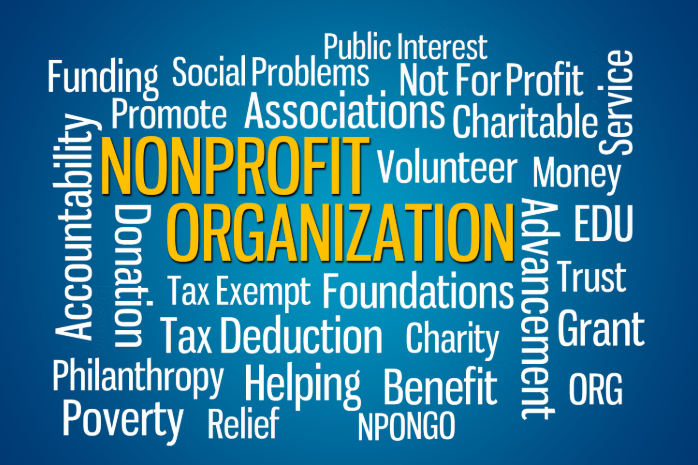
UW-Green Bay’s Center for Public Affairs Releases Report on COVID-19 Effect on Northeast Wisconsin Nonprofits
The study, conducted in late April, 2020, found that over half of organizations have reduced staff and 80% have reduced usage of volunteers.
Green Bay, Wis.—The University of Wisconsin-Green Bay’s Center for Public Affairs today (June 3, 2020) has released its report on the Covid-19 Effect on Nonprofit Organizations in Northeast Wisconsin.
Associate Prof. Lora Warner, director of UW-Green Bay’s Center for Public Affairs and Associate Prof. Michael Ford at UW-Oshkosh co-authored the report which examined financial issues, human resources, program delivery and needs for support as nonprofit organizations attempt to continue to serve the community after the stay home orders were issued by Governor Evers. UW-Green Bay Assistant Prof. Kerry Kuenzi is collaborating in the statewide project as well.
The research included 139 nonprofit organizations in Northeast Wisconsin (546 organizations statewide), representing large and small organizations ranging from human services and education to social benefit, arts/culture/humanities, environmental and health-related.
The study, conducted in late April, 2020, found that over half of organizations have reduced staff and 80% have reduced usage of volunteers. Most have significantly reduced service delivery and others have quickly had to change how services are delivered to prevent the spread of Covid-19 while meeting the needs of our communities.
Three-fourths are concerned about being able to connect with some of their most vulnerable clients due to poor technology access, limited ability to meet face-to-face and challenges communicating with the children, at-risk youth, persons struggling with addiction and isolated older adults that they serve.
Northeast Wisconsin nonprofits showed higher rates of collaborating with each other compared to statewide, while they showed a lower rate of collaboration with local government. Just under half have received no emergency funding and two-thirds are very concerned about loss of summer event revenues, which often provide funding for the year.
While most report that they can continue to operate for the next eight weeks, the next round of the survey (in July) will examine how they have fared.
The goal of this report is to share information with government, funders and corporate leaders about how the sector is doing so that community leaders can support the viability of the sector.
“The nonprofit sector is an underappreciated part of our society that really provides the foundation for our quality of life in often-invisible ways,” said Prof. Lora Warner, lead author of the Northeast Wisconsin report. “I am full of admiration for the strength and creativity shown by our local nonprofits, who have turned on a dime, gotten creative, and jumped in as partners to meet our community’s needs. If they are going to be able to continue to do that, they need us, ordinary citizens, to speak up and step up along with them.”
To find the reports and other information:
Information about the project and the statewide report can be found here: https://uwm.edu/hbi/research/survey/
The Northeast Wisconsin report can be found here: https://www.uwgb.edu/cfpa/featured-project/policy-snapshot-study/
Information about UW-Green Bay’s Nonprofit Organization Leadership programs and resources can be found here: https://www.uwgb.edu/cfpa/nonprofit-leadership-programs-and-resources/
See Lora Warner’s blog post.
For more information, please contact Prof. Lora Warner (UW-Green Bay) [email protected] or Prof. Michael Ford (UW-Oshkosh) [email protected]

